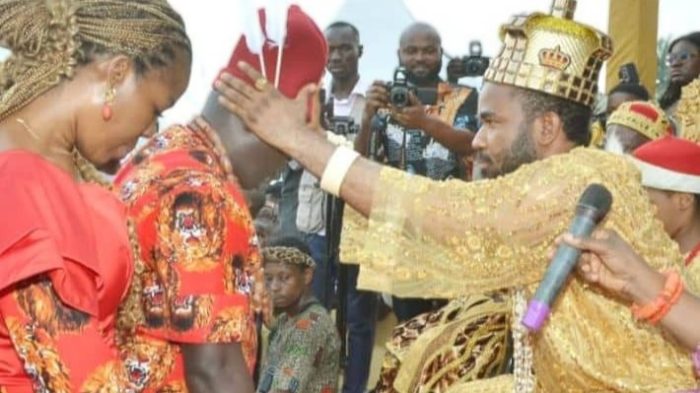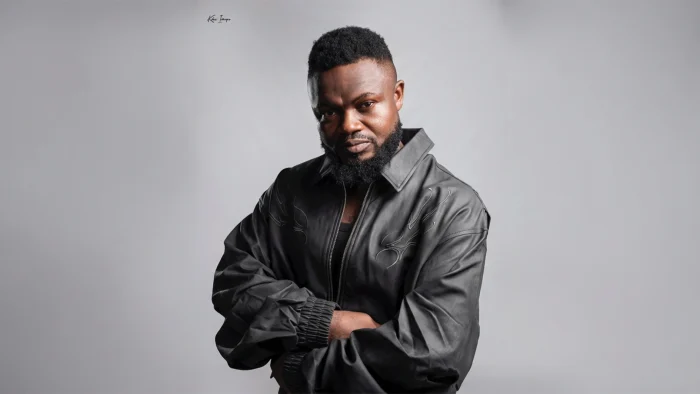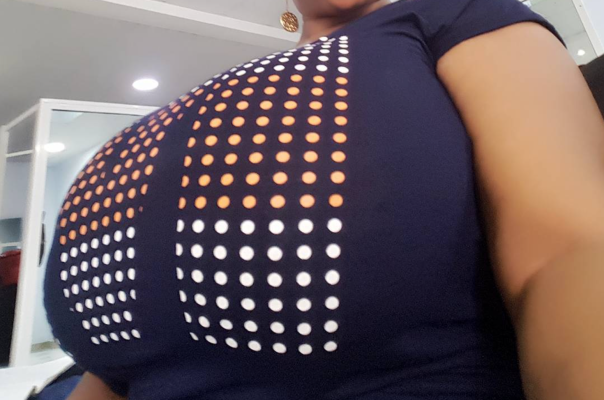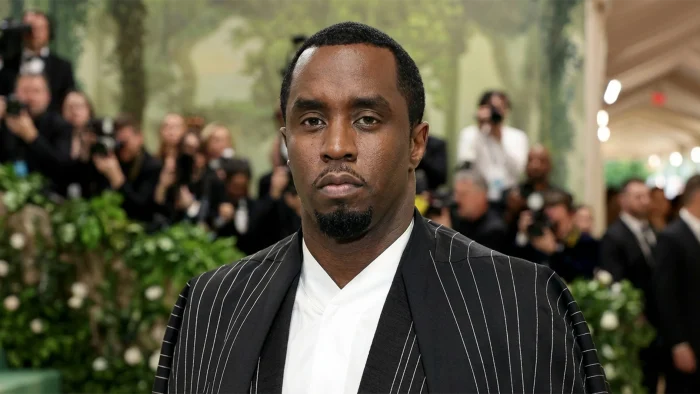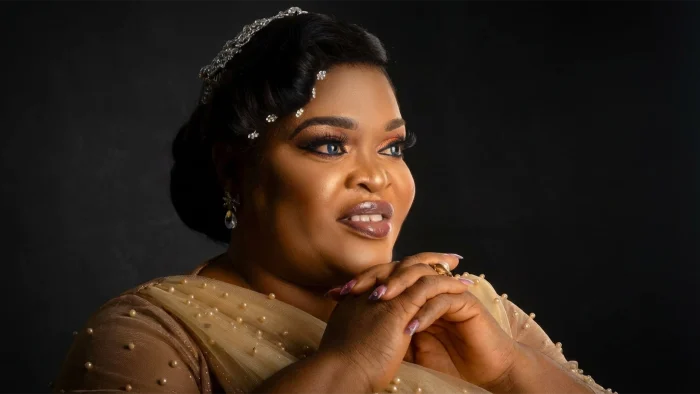Afrobeats has travelled far from its Lagos roots. What began as Nigeria’s rhythmic gift to the continent has become one of the world’s fastest-growing genres, shaping soundscapes from London to Los Angeles. But behind the bright lights and global headlines, it’s the producers, the unseen architects of rhythm, who truly set the tone. Among this new generation of sound shapers, Funmilayo Grace Adeolu, better known as GracieA, is quietly becoming one of the most distinctive voices.
When UK-based Afrobeats artist Mila Gxg dropped “Ganga Fury” on 22 October 2021, it didn’t take long for the song to find its people. By the time of this review, it was already pulsing through diaspora parties in London and Manchester, climbing streaming playlists and hinting at bigger crossover ambitions. The kind of slow-burn success that signals a record built to last.
At first listen, “Ganga Fury” feels deceptively simple. A looping string riff. Crisp percussion. Space to breathe. But that restraint is the magic. GracieA’s production doesn’t rush to impress it invites you in. Every kick lands cleanly, every gap feels intentional. It’s the sort of mix that works anywhere: on the radio, in headphones, or bouncing off club speakers at 2 a.m. DJs are already blending it into sets alongside established Afrobeats hits, and it holds its own every single time.
For GracieA, less really is more. Her minimalist touch gives the record replay power that elusive quality that keeps listeners coming back without fatigue. It’s a trick she’s been refining since her earlier link-up with Mila Gxg on “Vroom”, and this new track feels like the next level of that chemistry. Together, they’ve found a balance between vibe and clarity that works just as well in Lagos as it does in London.
Listen closely and you’ll hear the craft. The string riff hums like a mantra, hypnotic and familiar, while the percussion snaps sharply enough to make your shoulders move. Rather than overcrowding the mix, she leaves pockets of silence, letting rhythm and melody talk to each other. That airiness gives “Ganga Fury” its global edge; it sounds international without losing the heartbeat of home.
But GracieA isn’t just staying within Afrobeats. She’s stretching into drill and hip-hop, working with artists like A1 Crash, showing a willingness to explore beyond the genre’s borders. From her base in Abuja, she’s building a catalogue that cuts across styles and continents, a rare feat, and one that makes her story even more compelling.
There’s another layer to her rise that can’t be ignored: representation. In a Nigerian music industry where women are more often in front of the mic than behind the boards, GracieA’s presence in the production booth feels radical. She’s challenging a long-standing imbalance, proving that women can not only hold their own in technical spaces but redefine them. Every beat she makes chips away at an old stereotype, opening the door a little wider for whoever comes next.
In the end, “Ganga Fury” isn’t just another Afrobeats release; it’s a marker of intent. It shows what happens when precision meets confidence, when a producer understands not just how to make a hit but how to make it travel. It’s the kind of record that connects Brixton basements to Abuja rooftops; the kind of sound that moves freely across borders.
GracieA’s journey is just beginning, but “Ganga Fury” makes one thing clear: she’s not following the wave. She’s learning to steer it.


